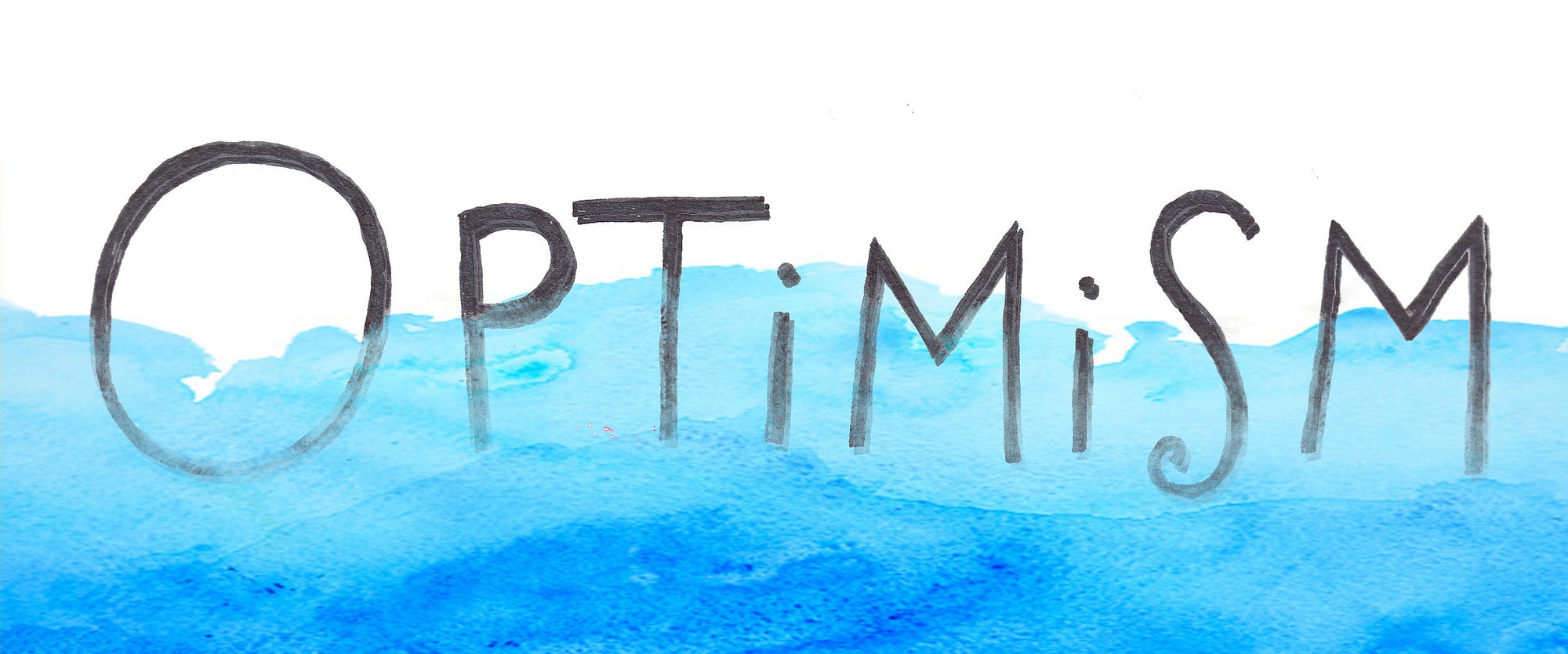My father says that three things are most important in life: good health, good finances and peace of mind. Also, that all three are inter-related. Definitely true. Plus, I can’t help adding the construct of positive thinking to this. It will undoubtedly give a boost to all the above three, and a much-needed melody to life in general.
They say, ‘Whatever happens is for good’. I find this line of thought to be the crux of a positive mindset. In fact, it won’t be an overstatement to say that by certain seemingly negative events in our lives, we, without realizing, actually get saved /protected from bigger troubles. Haven’t we all felt it at one or the other time? And to remember the same would count as optimism.
An uncle known to me had been unable to procure tickets for a particular train journey; the train had met with an accident later on. My father had once been unable to take the bus to Lalru (Punjab); the bus was later hijacked by terrorists. A little boy of seven years, who would rarely leave home without his mother, once went out alone courageously – the moment he stepped out, the roof of the home crashed. A family friend got stuck in traffic on 11 September 2001 on the way to World Trade Centre (New York). Incidents galore. It can easily be reiterated – Whatever happens, happens for good. Afterall “His plans are always way more wonderful than our desires”.
However, it’s not an easy game to develop positive outlook. Wikipedia defines positive thinking as ‘Optimism, an attitude reflecting a belief or hope that the outcome of some specific endeavour, or outcomes in general, will be positive, favourable, and desirable.’ Also, I once read that the states of sadness, e.g. depression (whatever level it might be), makes one see things a bit too realistically, and dampens the somewhat rose-tinted glasses that an unaffected person views the world with.
So, it can easily be said that it’s important to keep intact this slightly rose-tinted world view, no matter how hard life gets. Here are some doable suggestions:
Patience: Keeping patience gives a signal of hope, both to oneself and others, that things are going to be okay. Whenever in a troubled/difficult situation, take deep breaths, change your sight, have a glass of water – anything to keep yourself grounded and endure the circumstances. No doubt, too much of anything is harmful, but generally – patience will always be a virtue.
Faith: There are jokes doing rounds on social media, ‘mujhe naye saal ki nahin punar janm ki zaroorat hai’, and ‘Does the process know that we are trusting it?’. Both feel like hammer on the nail, yet it’s faith and it will always be faith that will do the trick. Believe in a larger scheme of things for things to fall into place! Though, obviously, doing justice to the karma part is also of utmost importance.
Self-Talk: Recognizing and appreciating oneself is very under-rated in the race towards betterment. This betterment is undoubtedly imperative, but it can’t begin without first encouraging the positives in oneself. The valuing, the improvement, the honing of skills – all will always be on a continuum; they aren’t either-or situations, they build on and propel each other. In any case, let us be our own cheerleaders first. As goes the lovely prayer song filmed on Jaya Bhaduri, ‘hum ko mann ki shakti dena, mann vijay kare, doosron ki jai se pehle khud ko jai karein’.
Finally, it would be worthwhile to add that each day brings fresh chances and new opportunities. Stay put and hopeful. Quoting the famous quote, ‘Even the Universe falls in love with a stubborn heart’. The journey to optimism has just, but, begun.
(The author of this article is Dr. Reema Bansal, Assistant Professor of Psychology at Rajiv Gandhi Govt. College, Saha, Ambala)


